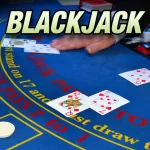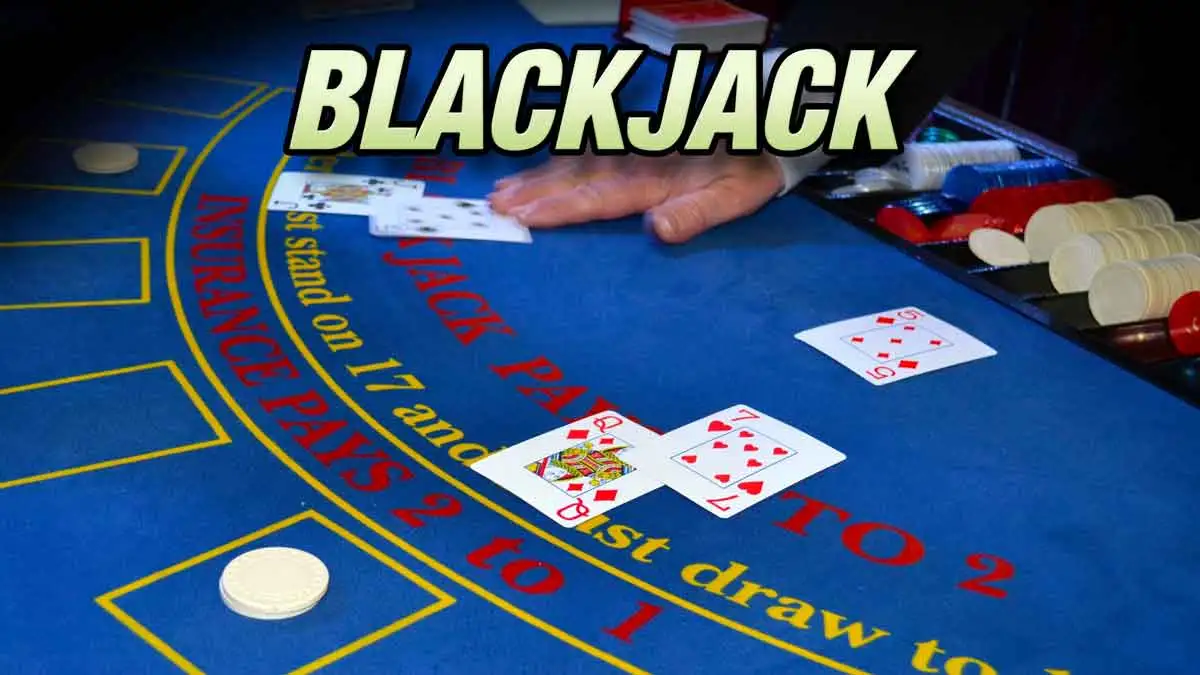Blackjack is a game of skill and strategy in which a player strives to defeat the dealer without exceeding 21. In this article we’ll take a look at basic blackjack rules and table etiquette, and also discuss why casinos have an edge against players.
Blackjack playing strategies aim to reduce the house edge to below one percent (rules dependent). Some strategies are intuitive; others may require further explanation.
Basic strategy
Blackjack basic strategy is a set of rules designed to assist in making decisions regarding whether to ask the dealer for more cards (hit), hold on with what cards you already have (stay), or double your bet (double down). Following these rules dramatically increases winning chances while decreasing house edge to around 0.5%; however, memorizing it requires practice as following incorrect decisions could result in losing hands.
Finding reliable information to learn blackjack can be challenging, so find a trustworthy source of data – most casino sites provide free blackjack charts which outline optimal decisions for every combination of starting player hands and dealer up cards. Print them off and bring them along – although other players might become annoyed if you keep consulting them during play!
Remind yourself that blackjack is a game of statistical chance; therefore it is crucial that your bankroll remains under your control and do not spend more money than can afford to be lost on playing the game.
Insurance bets
Insurance in blackjack is an optional side bet that offers payouts at two-to-one odds if the dealer possesses a blackjack. It typically becomes available when their up card is an ace; players can place half their original bet as insurance insurance wager. Although tempting, insurance should only be undertaken under special circumstances where its profitability could make this bet worthwhile.
Insurance should typically not be pursued under most conditions. Statistics reveal that it will inevitably lose money over time; thus it should only be made when special circumstances exist, such as when there is an established count of 10 cards or greater; though even then it likely still losses out as most of these players still end up losing out with their original wagers intact if taking insurance was pursued despite counting cards and basic strategy being employed; they will however avoid frustration by not losing more on an insurance bet than they would have otherwise lost without it.
Splitting pairs
Splitting pairs in blackjack is an effective strategy to reduce losses, and reduce the dealer’s chances of busting a high-value hand total. When considering whether or not to split pairs, decision relies on which card has been dealt face up by dealer; some resources suggest splitting twos and threes against weak upcards while avoiding sevens pairs as these tend to result in larger profits for both player and dealer.
Implement a strategy and set clear limits on both losses and gains to keep your bankroll under control and avoid becoming overexcited by playing blackjack. Furthermore, learning basic strategy will give you an excellent grasp of its odds and risk-reward ratios.
The Blackjack Basic Strategy Guide offers free charts covering three crucial decisions at the table: Splitting Pairs, Doubling Down and Hitting or Standing. These easy-to-read charts make each move clear; using them correctly could put the house at less than half a percent disadvantage!
Counting cards
Card counting is an effective strategy to beat the house edge in blackjack. This involves keeping track of each card as they are dealt and adding it to a running count – it may sound complicated but once mastered it can greatly increase your odds of victory at the table by altering bet sizes accordingly.
Card counting may not be illegal, but doing it in casinos may result in you getting banned from them. To avoid this happening, first practice on your own or use a blackjack card counting trainer before trying it in real life and never give any outward indication that you are counting cards.
For faster card counting, learn to calculate in pairs. This will allow you to speed up calculations while making it more difficult for Dealer McSpeedy to gain a grasp on them. Also remember that each high and low card should be cancelled out when counting.













